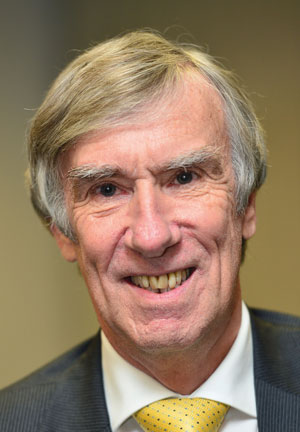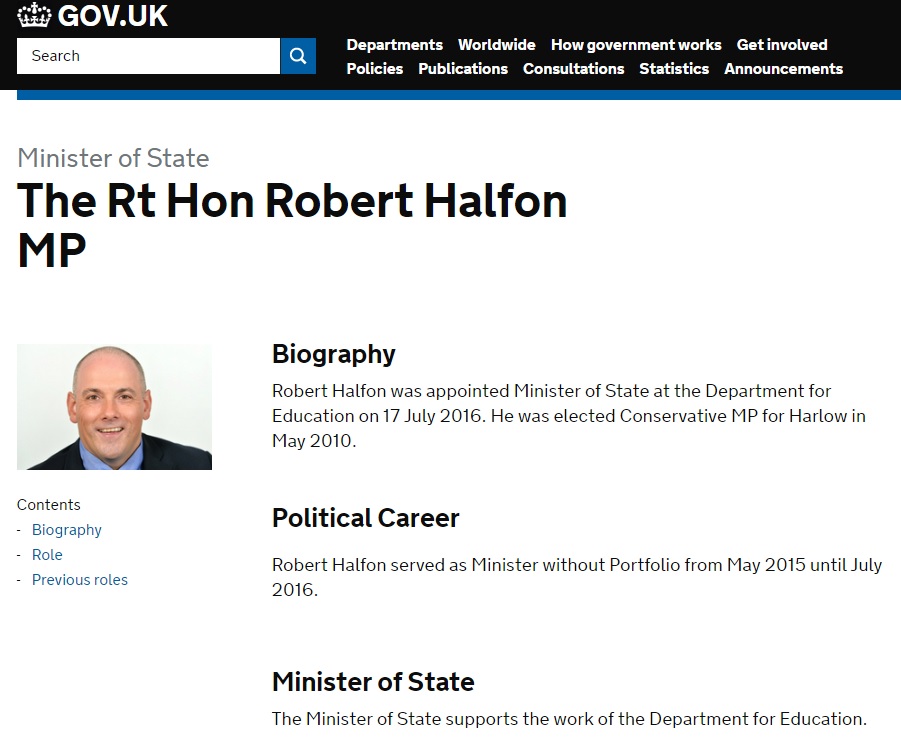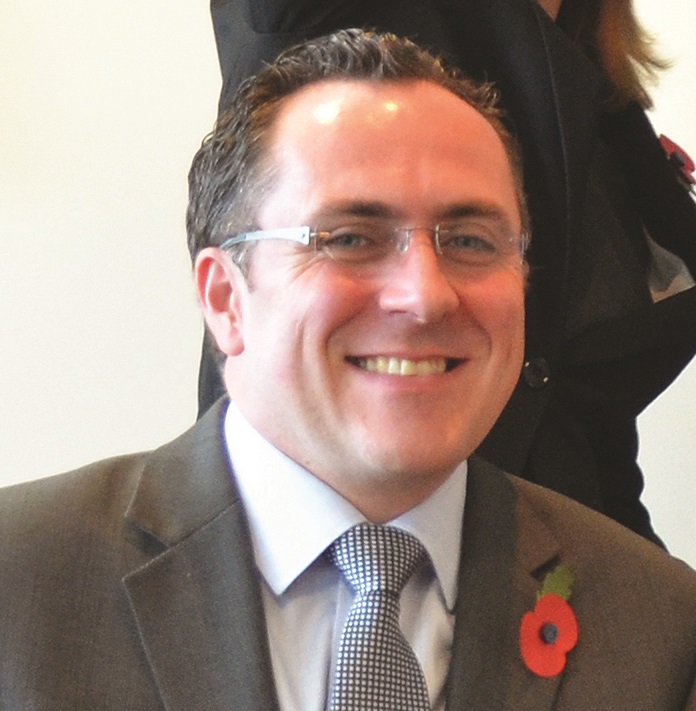Apprenticeships have secured a place on the Public Accounts Committee’s (PAC) early autumn programme of work this year.
They feature among ten topics for the committee’s inquiries in September and October, which have been published on the parliament.uk website.
Other areas for inquiry include child protection and the financial sustainability of local government.
The decision comes at a pivotal time for the FE and skills sector, as it grapples with delays to further information on the introduction of the apprenticeship levy and the new minister for apprenticeships and skills, Robert Halfon, bedding into his role.
FE Week requested the specific reasons behind the committee’s choice to look into apprenticeships at this time, but a spokesperson said it was not possible to provide further details at this stage.
However, this will not be the PAC’s first investigation into the government’s apprenticeship programme.
In January last year the PAC published a report into 16- to 18-year-old participation in education and training, which addressed the topic of apprenticeships.
At the time, then chair of the committee Margaret Hodge said: “We welcome the increase in longer apprenticeships available to young people.
“However, it is disappointing that the total number of new apprentices aged 16 to 18 fell last year.
“It is important to ensure that smaller businesses can be helped to offer quality apprenticeships too.”
The PAC had also published a report on adult apprenticeships back in May 2012.
Commenting on this report at the time, Ms Hodge said: “The apprenticeship programme has been a success.
“The department has done very well in raising the number of adult apprenticeships, which more than quadrupled in the four years to 2010/11.
“The proportion of adult apprentices who successfully completed their apprenticeship also rose, to more than three-quarters in 2010/11 compared with just a third six years before.”
However, she added that more could be done to maximise the programme’s impact.
Ms Hodge raised concerns about the number of short training programmes classified as apprenticeships – which she said could “devalue” apprenticeships.
Following this, the government confirmed that adult apprenticeships would last a minimum of six months and normally at least 12 months.
Ms Hodge also queried the amount and quality of training some apprentices were receiving, and recommended more attention be given to ensuring apprenticeships were cost effective.
Just prior to this, in February 2012, the National Audit Office (NAO) published a report on adult apprenticeships.
Amyas Morse, then head of the NAO, commented at the time: “The apprenticeships programme has been providing a good return for public spending.
“Nevertheless, the department should set its sights higher in order to get better value from the £0.5 billion and rising now spent on adult apprenticeships each year.
“It needs to target resources more effectively; confirm the training provided is in addition to what would have been provided without public support; and make sure that the funding system is informed by robust information on the cost of delivery.”
The NAO is currently revisiting the topic, in a study looking at the management of the apprenticeship programme by the Department for Business, Innovation & Skills (BIS), and whether it has facilitated the delivery of high quality skills training that meets the needs of employers and the economy.
The results of this research have yet to be published.
The parliamentary Sub-Committee on Education, Skills and the Economy is also carrying out an inquiry into apprenticeships at present.
The inquiry was launched in February to explore areas such as how to achieve the government’s target of three million apprentices by 2020, and how the apprenticeship levy will be implemented.
In June the committee took oral evidence from a range of speakers including Lady Alison Wolf; Mark Dawe, chief executive of the Association of Employment and Learning Providers; and a range of employers.
A spokesperson for the committee told FE Week that the inquiry is continuing as planned, despite the recent cabinet reshuffle and decision to pass responsibility for FE and higher education from BIS to the Department for Education.
He added that there will be more evidence sessions in the autumn and the final report is likely to be released in December.






